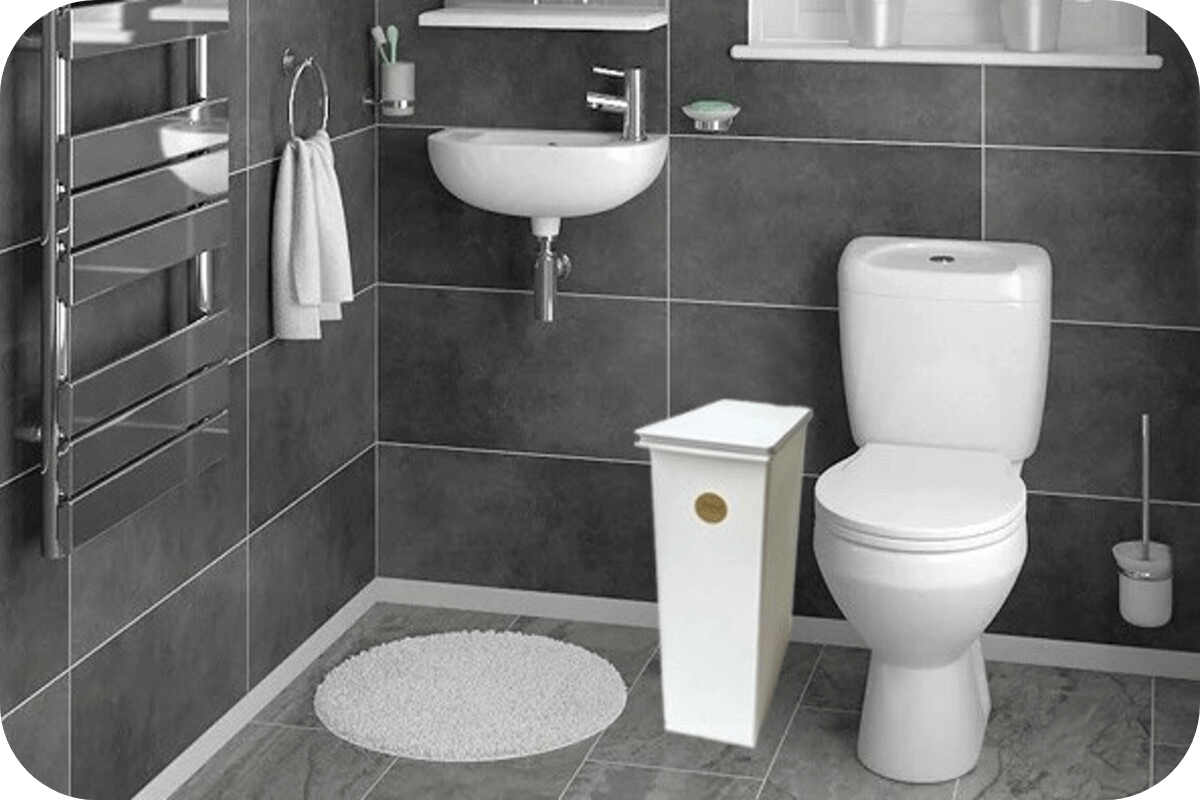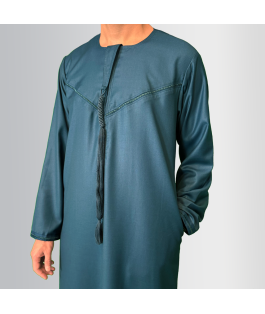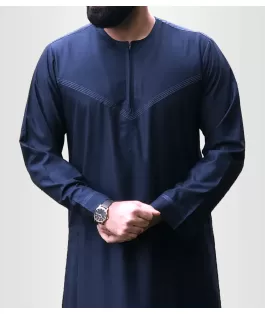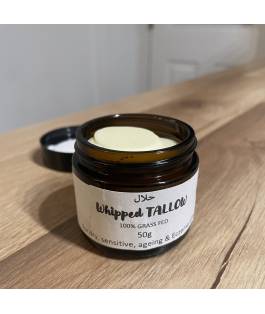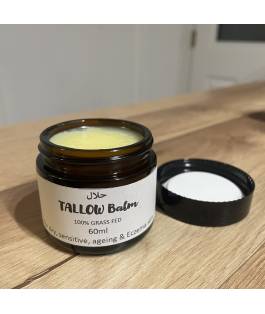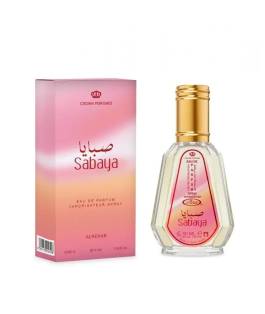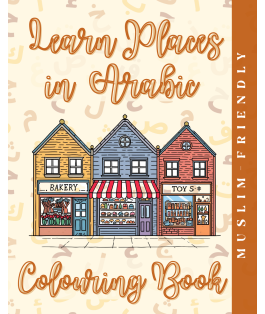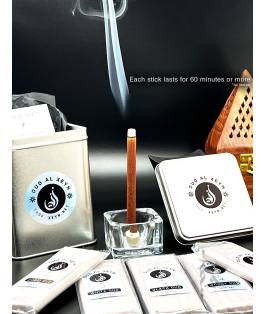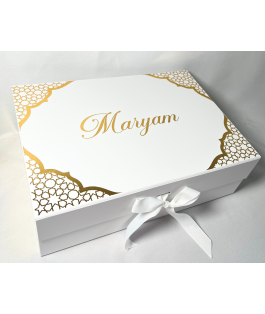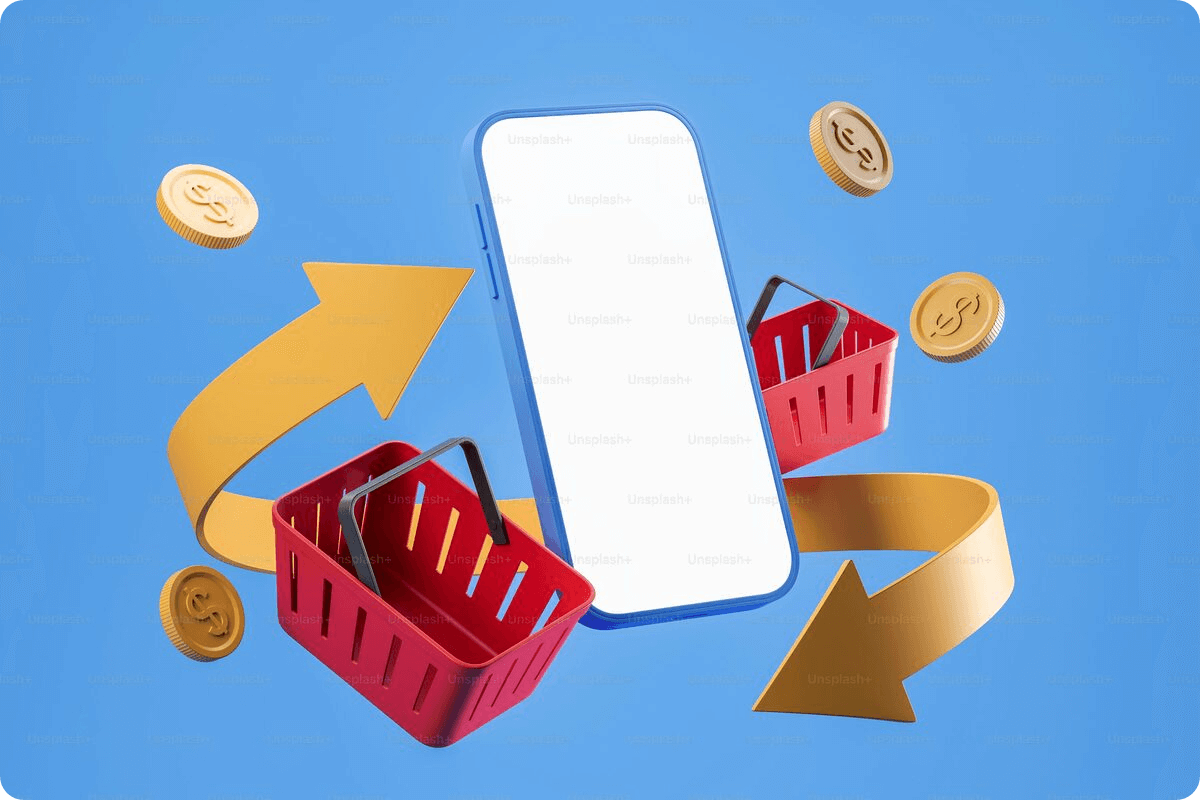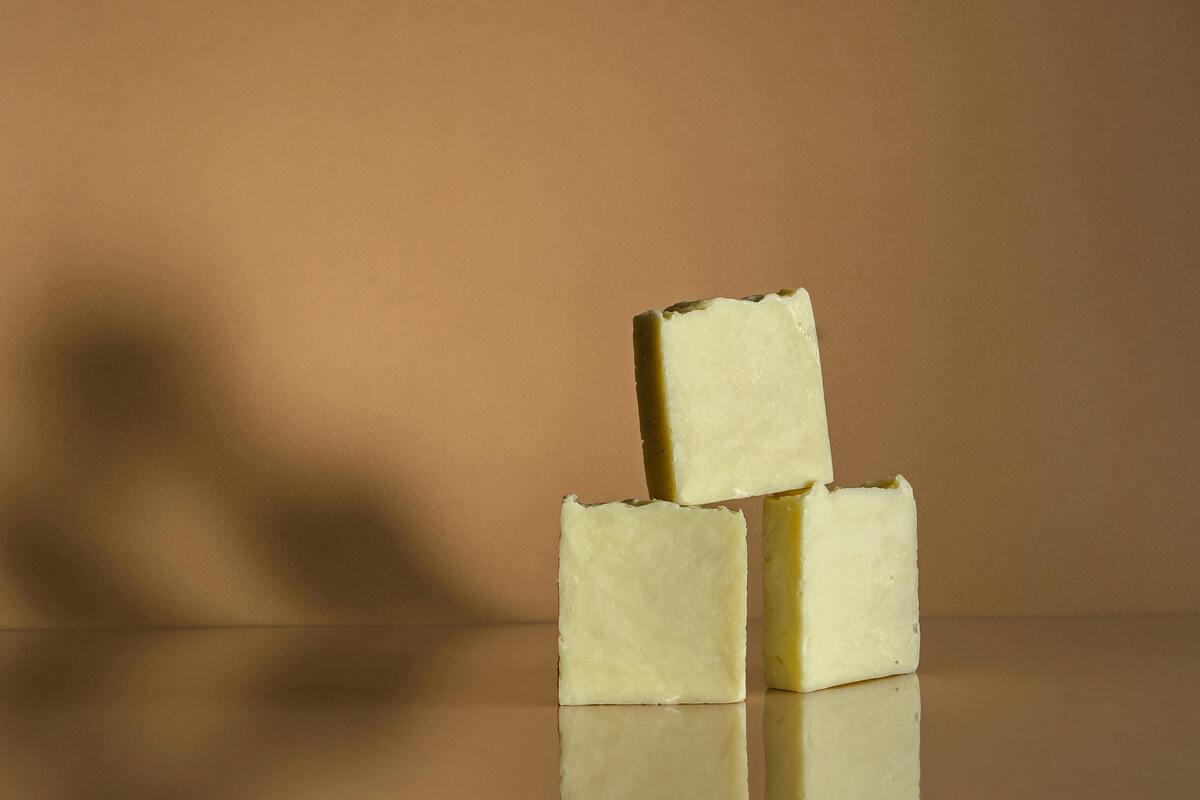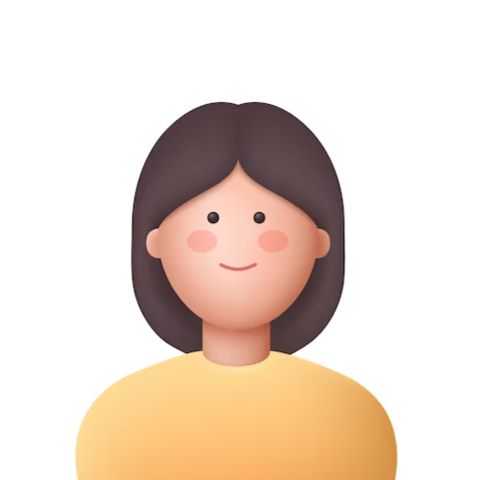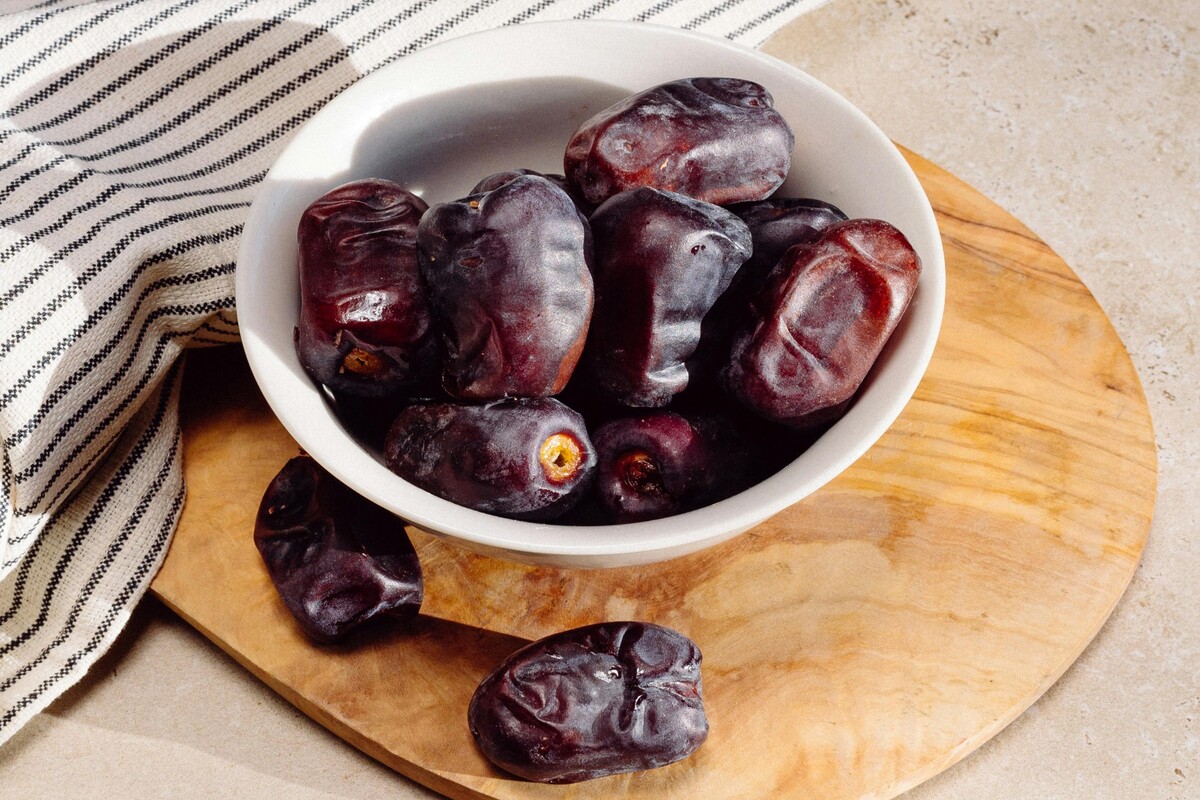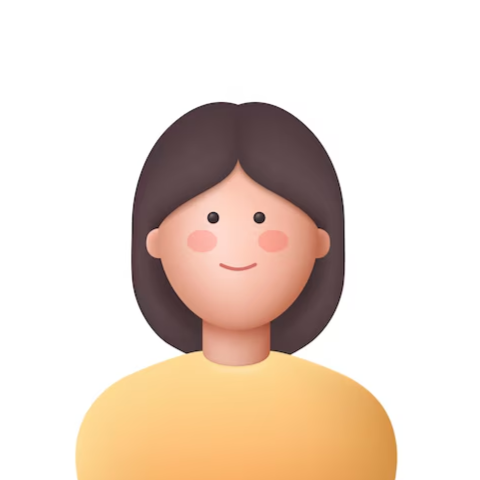For Muslims, cleanliness is a part of our faith. After using the washroom, proper cleaning with water is essential. This practice, known as istinja, ensures physical purity.
However, living in countries like the UK, US, or Canada often comes with a challenge: most washrooms lack water facilities like bidets or handheld sprays. Instead, toilet paper is the norm. For Muslims, this can feel uncomfortable and incomplete.
Thankfully, bidets are becoming more common and accessible. From simple attachments to portable devices, there are many options available.
In this guide, we’ll walk you through how to use a bidet step by step, why it matters for hygiene, and the different types you can choose depending on your needs.
Why Muslims Prefer Using Water for Hygiene
Islam teaches that cleanliness is half of faith (hadith in Sahih Muslim). That’s why washing with water after using the toilet is not just cultural but religious. Using only toilet paper often leaves people feeling unclean.
For Muslims in non-Muslim countries, this creates daily challenges, especially in public spaces, workplaces, schools, or while travelling. Bidets solve this problem by making water-based cleaning easy, practical, and discreet.
Benefits of Using Bidets
Beyond religion, water cleaning is also healthier. Doctors say water is gentler on sensitive skin, reduces irritation, and cleans better than paper alone.
a. Improve Personal Hygiene
Bidets clean your private areas with water, washing away waste more thoroughly than toilet paper. They’re also gentle on the skin and can help with healing issues like haemorrhoids and fissures.
b. More Eco-friendly - Keep your Planet Clean
Did you know it takes around 37 gallons of water, 1.3 kilowatt hours of electricity, and 1.5 pounds of wood to make just one roll of toilet paper? On the other hand, a 30-second wash with a bidet uses only about one-eighth of a gallon of water. That’s one big reason why bidets are more eco-friendly than toilet paper.
c. Budget-friendly
They’re also easier on your budget. Because bidets use very little water, they hardly affect your bill. Many electric models even come with energy-saving modes to reduce power use.
In the long run, switching to a bidet can save you money compared to buying toilet paper every few weeks. So, for Muslims, it brings both spiritual fulfilment and physical comfort.
Types of Bidets You Can Use
Bidets come in many styles, and knowing your options makes it easier to pick what works best for your home or travels.
1. Built-in Bidet Toilets
These are modern toilets with bidet functions built inside. They often have buttons for warm water, adjustable pressure, and even drying features. While common in Middle East countries, they’re more expensive and less available in the UK, US, or Canada.
2. Freestanding Bidets
These are simple devices you can attach to your existing toilet seat. They spray water with adjustable controls. Affordable and easy to install, they’re a good option for renters and homeowners alike.
3. Handheld Bidet Sprays (Shattaf)
Popular in Muslim countries, handheld sprays work like a mini shower attached next to the toilet. You control the spray direction and pressure. They’re effective, budget-friendly, and easy to use once installed.
4. Portable Bidets
Perfect for Muslims on the go. Portable bidets are small bottles with a nozzle that sprays water. You can carry them in your bag, making them useful for work, school, or travel. Some are even collapsible.
5. Electric Bidets
These are advanced versions of attachments that provide warm water, pressure control, and even heated seats. While they feel luxurious, they’re more expensive and require electricity.
How to Use a Bidet: Step-by-Step Guide

Step 1: Use the Toilet as Usual
Use the toilet as usual. Once finished, you move on to cleaning.
Step 2: Position Yourself
With built-in bidets or attachments, you can stay seated while cleaning. For handheld sprays or portable bidets, just adjust your position or angle the bottle to reach the right spot.
Step 3: Start the Water Flow
Start by turning the knob, pressing the button, or squeezing the bottle (depending on the type of bidet you’re using). Use gentle pressure at first, then increase if needed. You can clean with warm or cold water, though many prefer warm water in colder weather.
Step 4: Clean Thoroughly
Move the spray as needed to clean properly. For Muslims, ensuring no impurities remain is essential.
Step 5: Dry Off
Air dry or use a paper towel to dry the area. This keeps you comfortable and avoids wet clothes.
Buy a Freestanding Portable Bidet at Riwaya - No Installation Needed!

Shop it here: Freestanding Portable Bidet - 20L
This luxury electric bidet sprayer (also known as a Muslim shower, shataf, or jet sprayer) is freestanding and requires no plumbing. It comes with a 20L water tank that usually needs refilling once a week and a rechargeable battery that lasts for weeks on a single charge.
With adjustable water pressure and a compact design, it’s perfect for renters or homeowners who want a hassle-free, powerful cleaning solution.
Specifications |
Details |
Water Pressure |
35 PSI |
Flow Rate |
4 LPM |
Voltage |
12V (low voltage for safe use) |
Dimensions |
20cm (W) × 41cm (D) × 54cm (H) |
Weight |
4.0 kg |
Recharge Time |
~5 hours |
Battery Life |
3–5 years |
Design |
Slim, stable with stainless steel hose |
Material |
Durable, leak-proof plastic body |
Customers’ Feedback
“This is an excellent product. Clean design, powerful and no need for plumbing! Arrived quickly and on time after my discharge from the hospital. Very clear instructions, just charge and you're ready to go immediately. After-sales service is also excellent!”
– Riwaya Buyer
Tips for Muslims Living in Non-Muslim Countries
1. Install discreet options
If you rent, bidet attachments or portable sprays are better since they don’t require permanent changes.
2. Keep a portable bidet in your bag
This is especially useful for office workers, students, and travellers. It ensures you’re never stuck relying on toilet paper alone.
3. Explain to landlords or roommates if needed
Sometimes, non-Muslims don’t understand why you need a bidet. A simple explanation — “It’s part of hygiene and religious practice” — usually clears things up.
4. Plan for travel
Hotels or aeroplanes rarely have bidets. Always keep a travel-size portable bidet in your hand luggage.
5. Teach children early
For Muslim parents in the West, it’s helpful to train kids on using bidets or water bottles so they grow up with this habit.
Read Also: How to Raise Kids with the Values of Islam
How Riwaya Supports Muslim Lifestyle Needs
At Riwaya, we understand the daily challenges Muslims face in non-Muslim countries when it comes to practising hygiene in line with faith. That’s why our marketplace includes Islamic essentials like portable bidets and halal skincare products, designed for convenience and comfort.
By shopping from trusted Muslim sellers, you not only find practical solutions but also support businesses that share your values.
Conclusion
Cleanliness is central to both health and faith. For Muslims living in non-Muslim countries, using a bidet is one of the easiest ways to maintain proper hygiene while staying true to Islamic practice.
Whether at home, work, or travelling, there’s always a bidet option that fits your lifestyle. From simple attachments to portable sprays, these tools make life easier and more comfortable.
Selling with Riwaya
Do you sell Islamic products and want to bring more sales to your table?
Riwaya can be your partner in boosting your brand’s presence online. With 100s of sellers onboard and 100000s of monthly visitors, we make it easier for you to reach a huge market of Muslim customers. Our behind-the-scenes team handles everything from SEO to marketing and product listings, so you can focus on what you do best: selling your amazing products!
Scale your business with us! Still unsure? Join us for one month FREE and see the difference yourself!
































